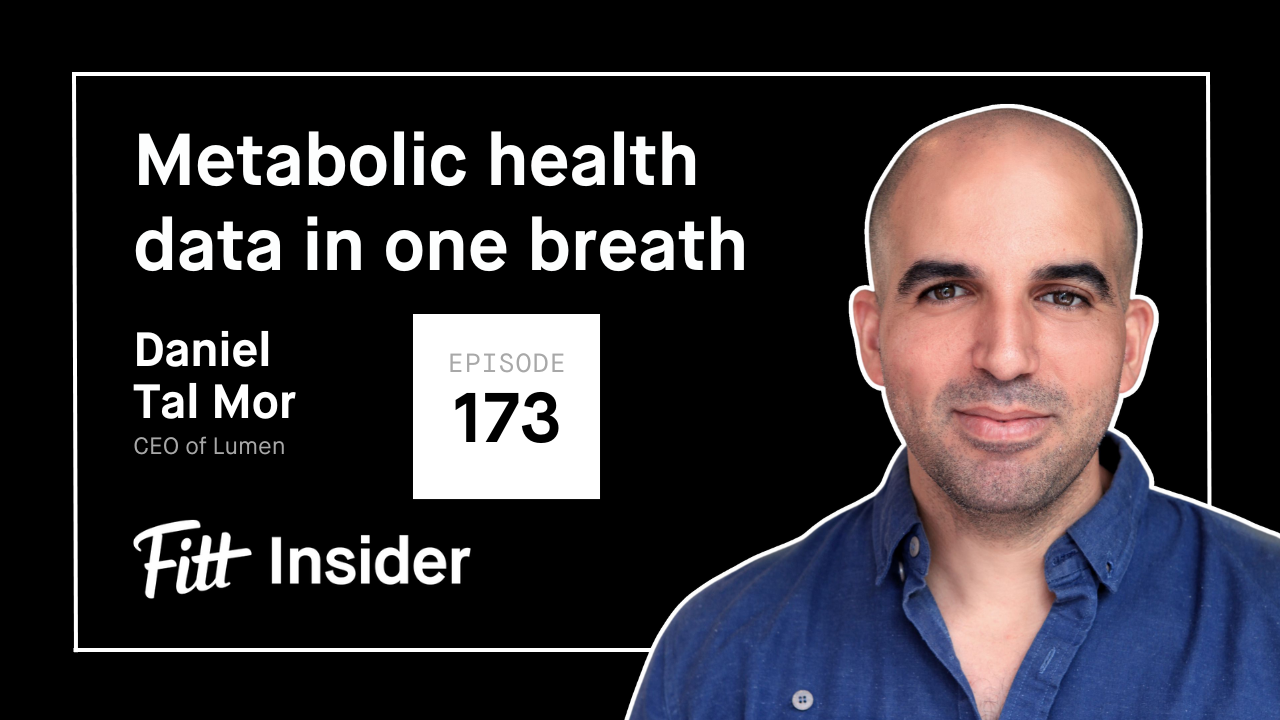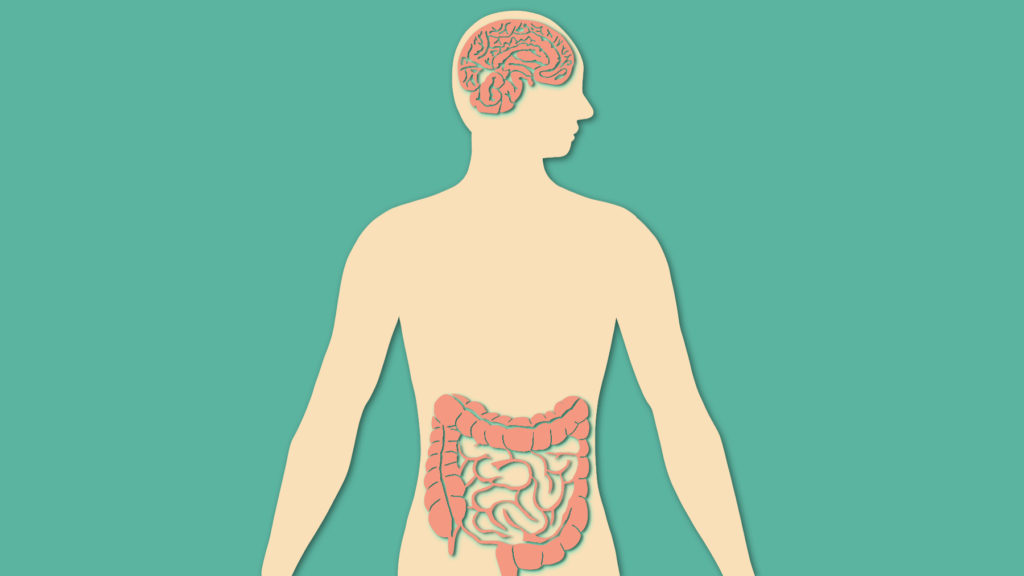Leveraging new insights into the gut-brain axis, startups are using food to boost mental health.
Gut-Brain Connection
The answers to complex health questions could be hidden in our gut.
- In the US, 60–70M people are affected by digestive diseases, per NIH.
- Gastrointestinal (GI) healthcare expenditures totaled $120B in 2018.
- The human microbiome market is set to reach $3B globally by 2029.
But, beyond GI distress, targeting the “gut-brain axis” may have a significant effect on mental health, including how we think, feel, and act.
More telling, there appears to be a strong link between metabolic health and mental illness:
- Just one in eight Americans is metabolically healthy, while one in five live with mental illness.
- Multiple studies suggest a relationship between depression and levels of specific bacteria in the gut.
- In a controlled trial for major depressive disorder, dietary interventions were assessed to be an “efficacious and accessible” therapeutic.
Beyond depression, poor gut health also impacts a host of conditions, from anxiety to immune response to dementia.
For now, causality still remains unclear, but there’s no doubt that a diet high in inflammatory, ultra-processed foods is taking a toll.
Enter: Metabolic Psychiatry
An emerging field, metabolic psychiatry focuses on dietary interventions to treat mental health disorders.
The thought is that what we eat directly impacts the bacteria in our gut, and a subset of these bacteria, dubbed the psychobiome, influence our brain via signaling pathways.
Put simply: Our diet plays a role in determining our mental state.
Gaining traction, according to Dr. Shebani Sethi, founder of Stanford Medicine’s Metabolic Psychiatry Clinic, addressing a patient’s diet is no longer an afterthought:
“For a long time, doctors thought of nutrition as mostly a secondary therapy… But we realized that nutritional metabolic therapy can serve as a significant medical intervention for mental illness, one that can change the structure and function of the brain.”
Brain food. Undoing the harmful effects of the standard American diet, food as medicine is showing promise for psychiatric use cases, too.
- Digbi Health uses microbiome-based diagnostics to improve mental health and metabolic conditions.
- YCombinator-backed startup Vitract develops personalized nutrition plans to treat mental health-related issues.
- Holobiome raised $1M and partnered with Unilever to identify food ingredients that positively impact mental health.
Benefiting from the rise of glucose monitoring startups, as the concept of metabolic health moves into the mainstream, expect to see more companies targeting mental health as opposed to weight loss, biohacking, or diabetes management alone.
Gut care. Approaching the core issue, startups are focusing on the gut as a pathway to improving digestive health and treating chronic conditions:
- Mar. ’22: Vivante Health added $16M for all-in-one digital digestive care.
- Aug. ’22: Salvo Health landed $10.5M for its app-based gut care program.
- Nov. ’22: Ayble Health raised $4.6M its virtual digestive care platform.
Similarly, by destigmatizing GI conditions while leveraging advancements in telehealth and at-home testing, companies like Tiny Health, Cara Care, and Oshi Health are putting personalized gut care at the foundation of holistic health.
Looking Ahead
As our understanding of metabolic psychiatry improves, the phrase “you are what you eat” gains an entirely new meaning. More than consuming a “healthy” diet, psychobiome optimization represents the future of personalized nutrition — complete with supplements, meal kits, and coaches geared exclusively toward gut health.

Lumen CEO Daniel Tal Mor discusses the startup’s breathalyzer and connected platform for improving metabolic health.
We also cover: Lumen’s $62M funding round, personalized nutrition, and the concept of metabolic flexibility.
Listen to today’s episode here
🚲 Peloton’s latest earnings report delivered mixed results
Reporting Q2’23 earnings, the connected fitness company showed it can cut operational costs, but it can’t manufacture demand.
By the numbers:
- Net loss of $335.4M, an improvement from $439.4M a year earlier.
- Revenue was $792.7M, beating analysts’ expectations but still down 30% YoY.
- Subscriptions grossed $277.9M with margins of +67.6% vs. $229.6M and +68% in the prior year period.
- Connected fitness products lost $42.8M with gross margins of -11.2%, down from a profit of $51.4M and gross margins of +6.5% in Q2’22.
Highs and lows. This is Peloton’s eighth consecutive quarterly loss. And the company is still sitting on $791M in excess inventory.
Still, CEO Barry McCarthy is optimistic that improved efficiency and a boost in high-margin subscriptions will lead to an “epic comeback”.
Phase I. Since taking over for co-founder John Foley, McCarthy’s Peloton has brought costs under control by shedding nearly 5K jobs, outsourcing equipment manufacturing, and nixing white-glove delivery.
Phase II. Peloton’s future hinges on growth. But, even with an expanded rent-a-bike program, slashed equipment prices, a new rower, and selling through Amazon and DICK’S Sporting Goods, subscription revenue declined last quarter, equipment sales are down, and its app shed 23K users.
Looking ahead: With a weak economy, gym visits on the rise, and a competitive connected fitness space, it’s unclear where Peloton will find the users required for an epic turnaround.
There’s still a possibility that the company pursues fitness-as-a-service, opening its ecosystem, licensing its software to other equipment makers, and prioritizing commercial sales.
But, whether or not FaaS is part of McCarthy’s growth strategy remains to be seen.
Share this headline
🥦 USDA proposes new nutrition standards for schools
Believe it or not, there’s currently no federal standard limiting sugar content in school meals.
In fact, the majority of school-provided foods exceed (the questionable) US dietary guidelines allowing 10% of the meal’s calories to come from added sugar.
- 92% of school breakfasts and 69% of lunches violate this standard.
- Six of 10 a la carte breakfast choices have over 10% added sugar.
- Of the top 10 items sold in school vending machines, between 22% and 72% of calories are from added sugars.
Food for thought. As part of federally administered programs, some 30M US children eat school lunches daily, with half that number also eating breakfast. For many, including low-income and food-insecure families, it may be the most consistent meal of the day.
But, as rates of childhood obesity and type 2 diabetes continue to rise, the nutritional value of these meals is coming under scrutiny.
New rules. The USDA is proposing updated school meal standards that would gradually reduce sugar and sodium levels between 2024–2029.
Of note, while the new guidelines would limit added sugar in prepackaged foods like muffins, yogurt, and cereal, one of the biggest sources, flavored milk, would get a pass.
TBD. For now, the proposed changes are just that, a proposal. Based on the existing US dietary standards and subject to USDA approval, conflicts of interest stemming from Big Food and Pharma ties could stifle progress.
What to watch for: Issuing new guidelines for addressing childhood obesity, the American Academy of Pediatrics recently okayed bariatric surgery and prescription weight loss drugs for children as young as 12.
Drawing sharp criticism, addressing the multitude of health crises faced by kids and teens is being thrust into the spotlight. But, absent swift and significant action, we’re stuck with the status quo.
Share this headline
📰 News & Notes
- Tonal raises hardware prices by $500.
- UFC names Logan Paul’s PRIME official sports drink.
- Crunch Fitness debuts digital platform for hybrid exercise.
- Rootine develops precision stress-reduction supplements.
- Salad chain Crisp & Green prepares seven-state expansion.
- Spotify CEO Daniel Ek unveils diagnostic healthtech company.
- adidas launches Sportswear, a new collection targeting Gen Z.
- Startup Q&A: BFT’s Lou DeFrancisco on group fitness x strength training.
- Fitt Jobs: Layoffs suck; our curated jobs board can help with what’s next.
- Dismissed FTC suit greenlights Meta’s acquisition of VR fitness platform Within.
💰 Money Moves
- CAVA, a Mediterranean-inspired quick-service restaurant chain, filed for IPO.
- Diagnostics-as-a-service platform Simple HealthKit added $8M in a Series A round led by Initialized Capital.
- Frontrow Health, a marketplace for DTC health products, raised $3M in a seed round.
- eddii, a gamified glucose monitoring startup, raised $2.5M in a seed round led by Kapor Capital.
- ZICO Rising, maker of coconut water beverages, added ~$14M in new funding.
- UK-based meal kit service Gousto raised £50M ($59.9M) in strategic funding.
- Preventative dental health startup Wally raised $3M in a funding round.
- Social health platform Loop secured undisclosed funding from igniteXL Ventures.
- Asthma monitoring platform Aluna landed $15M in a Series B round led by Insider Matrix Partners.
- Girlology, a digital platform preparing young girls for puberty and adolescence, raised $1M.
- Children’s mental health platform Fort Health secured $8.75M in new funding.
- NOCD, an obsessive-compulsive disorder treatment provider, raised $34M in funding in a round led by Cigna Ventures and 7wireVentures.
- Canadian alt-fish maker New School Foods pulled in $12M in a seed round led by Lever VC.
- Rebellyous Foods, makers of alt-chicken products, raised $9.5M in new funding.
- The EVERY Co., producer of animal-free proteins, received an undisclosed investment from actress Anne Hathaway.
- Irwin Naturals, a nutraceuticals company, secured $40M to expand its chain of psychedelic clinics.
- UK-based corporate mental health platform Unmind acquired Irish competitor Frankie Health.
- AnswersNow, a digital autism therapy platform, raised $11M in a Series A round.
- Chimney Trail CO, a subscription box service approaching mental health through outdoor activity, raised $300K in new funding.
- Psychedelic therapy technology platform Choose Ketamine closed an undisclosed seed round.
- Supplements maker Thorne HealthTech acquired PreCon Health, maker of brain health supplements.
More from Fitt Insider: The State of Supplements - Ciba Health, a personalized digital therapeutics company, added an undisclosed sum in a seed round.
Today’s newsletter was brought to you by Anthony Vennare, Joe Vennare, and Ryan Deer.






